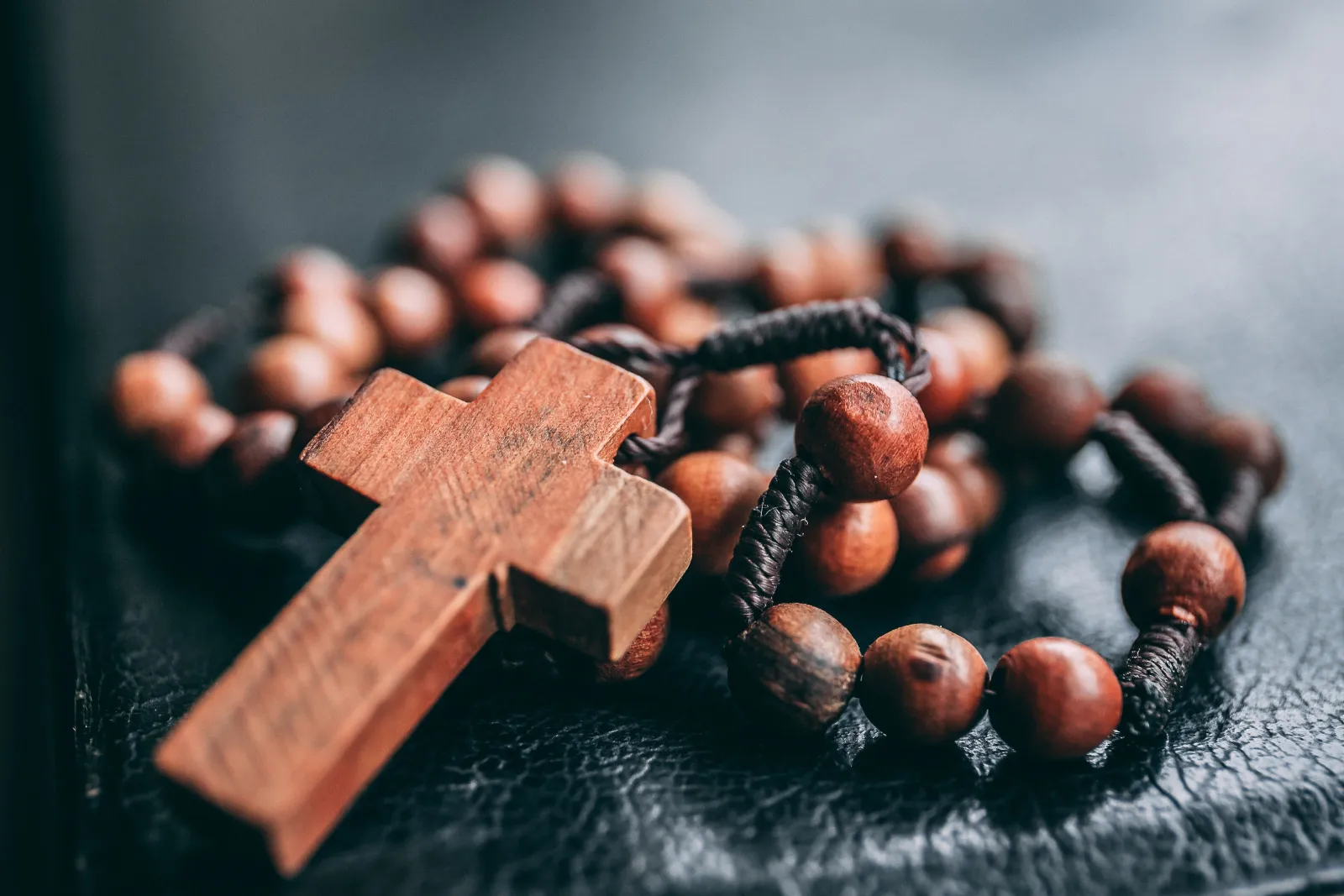"All go unto one place; all are of the dust, and all turn to dust again." This refrain from Ecclesiastes 3:20 is used often to explain that every being who walks this Earth, human and animal, all have the same fate in store for them. We are born, we live, and we die.
You would think that choosing cremation as your final arrangements would be a common choice among Catholics and other Christians for this reason, but in actuality, cremation is not nearly as common as traditional burials. Part of this may stem from a long-held belief that Catholicism forbids cremation. Let's delve into that and everything else you need to know about cremation and religion.
Can Catholics by Cremated?
There are plenty of common misconceptions about any religion, and those who follow that religion aren't immune to sharing those misconceptions themselves. In this case, the idea that Catholicism bars its practitioners from being cremated after death is one of those incorrect beliefs that's been perpetuated for a long time. In reality, the Bible does not say much about cremation, and Catholics can indeed be cremated as part of their faith.
Is Cremation a Sin?
There's nothing in either the Old Testament or the New Testament that explicitly states that cremation is forbidden to Catholics. Rather, it says that believers will rise again, and the church's stance for many decades was therefore that individuals who wish to reach Heaven and enjoy eternal life need to be buried.
For this reason, it's easy to understand why Catholics might take a dim view of cremation. In depictions of funerals in the Bible, most of the deceased faithful are depicted as being laid to rest in a tomb of some sort. This culminates with the way Jesus was interred after the crucifixion - laid to rest in a cave-like tomb and sealed inside (only to miraculously rise again in three days). When one of the central figures of your religion is given a traditional burial, that tends to be highly influential for others to follow suit. But in terms of what the Bible says about cremation, there is nothing stated against it.

Traditional Views on Cremation
Wanting to follow in the footsteps of Jesus is often more than enough of a reason for Catholics to prefer traditional burials over cremation. Yet that's not the only reason behind why cremation has earned a bad reputation - there are other instances that have influenced Catholic culture. One of the biggest of these reasons is that traditional burials, like many of the other aspects of Catholicism, were one of the ways that the religion differentiated itself from the other religious practices of antiquity.
By and large, the pagan religions that Christians would have been exposed to (and their Jewish brethren before the advent of Jesus Christ) had very different burial ceremonies. It was extremely common for these other religions to use funeral pyres to see off their deceased to their own versions of the afterlife.
Cremation in the Modern Day Catholic Faith
Today, any misgivings about whether Catholics can be cremated are strictly holdovers from these long ago times. The Catholic Church does not in any way forbid or recommend against cremation. In fact, with Ecclesiastes 3:20 quite literally mentioning dust, and with the prevalence of the phrase "ashes to ashes" in Catholic culture, the act of cremation has been seeing a bit of a renaissance.
Believe it or not, there is some precedence for cremation in the Bible, even if it's not otherwise mentioned. In Chapter 31 of the First Book of Samuel, the story of Saul's death is recounted. Saul and his sons were slain by the Philistines, their bodies left in a pagan temple. The Israelites recovered the remains and burned them in a funeral pyre before burying their bones under a tree in Jabesh, where they then mourned the deaths for a week. In other words, if cremation was good enough for a King of the Israelites, there's plenty to recommend it to a Catholic.
Catholics are permitted to be cremated, but they do need to follow a strict set of rules. Ashes must be buried. They cannot be scattered or remain in a private residence or funeral home. Ashes cannot be separated. This means that you cannot put any in jewelry or distribute among family members, they must all be buried in the same location. If you want your final resting place to be in a body of water, your ashes are required to be in a solid and durable container so that they are not damaged or accidentally disperse into the water - again, you are not permitted to scatter ashes even at sea. Therefore, as long as you uphold these rules, there is no reason not to be cremated for those who prefer it.
Additional Reasons to Consider Cremation
For Catholics who still might feel unsure about cremation, there's nothing that says you can't choose a traditional burial for either yourself or a loved one. At the same time, however, there are some other reasons to consider cremation. Since the costs of a modern funeral service are often quite high, one of the reasons for choosing cremation over traditional interment could easily be financial.
No one wants to think about funeral costs, but they are an inevitability. In this case, cremation represents a much more affordable alternative than a traditional burial. For individuals or families without the resources for that traditional burial, choosing cremation is a fine choice - and since there are no reasons to avoid cremation in Catholicism, you can still honor a loved one who has passed away.
Feel at Ease When Considering Cremation
Cremation is a perfectly acceptable choice if you're a practicing Catholic or if your deceased loved one was one as well. Not only does the Bible not prohibit the practice, an Israelite king - one who was the predecessor of King David himself - was cremated after death. This, combined with the Catholic sayings of "ashes to ashes, dust to dust" and the affordability of the option versus a traditional burial, offers many reasons why Catholics have nothing to fear from choosing cremation as their final arrangement.
The state of the world is much different than it was two thousand years ago when Christianity first emerged. Then, it might have been socially appropriate to avoid cremation. Today, however, there's nothing that should keep a Catholic from choosing cremation besides personal preference - and that's the way it should always be.

